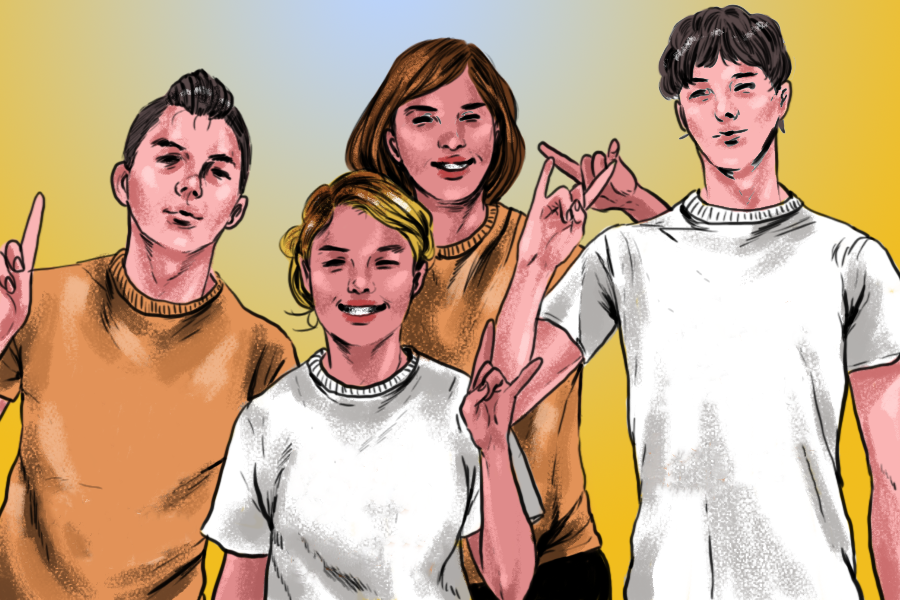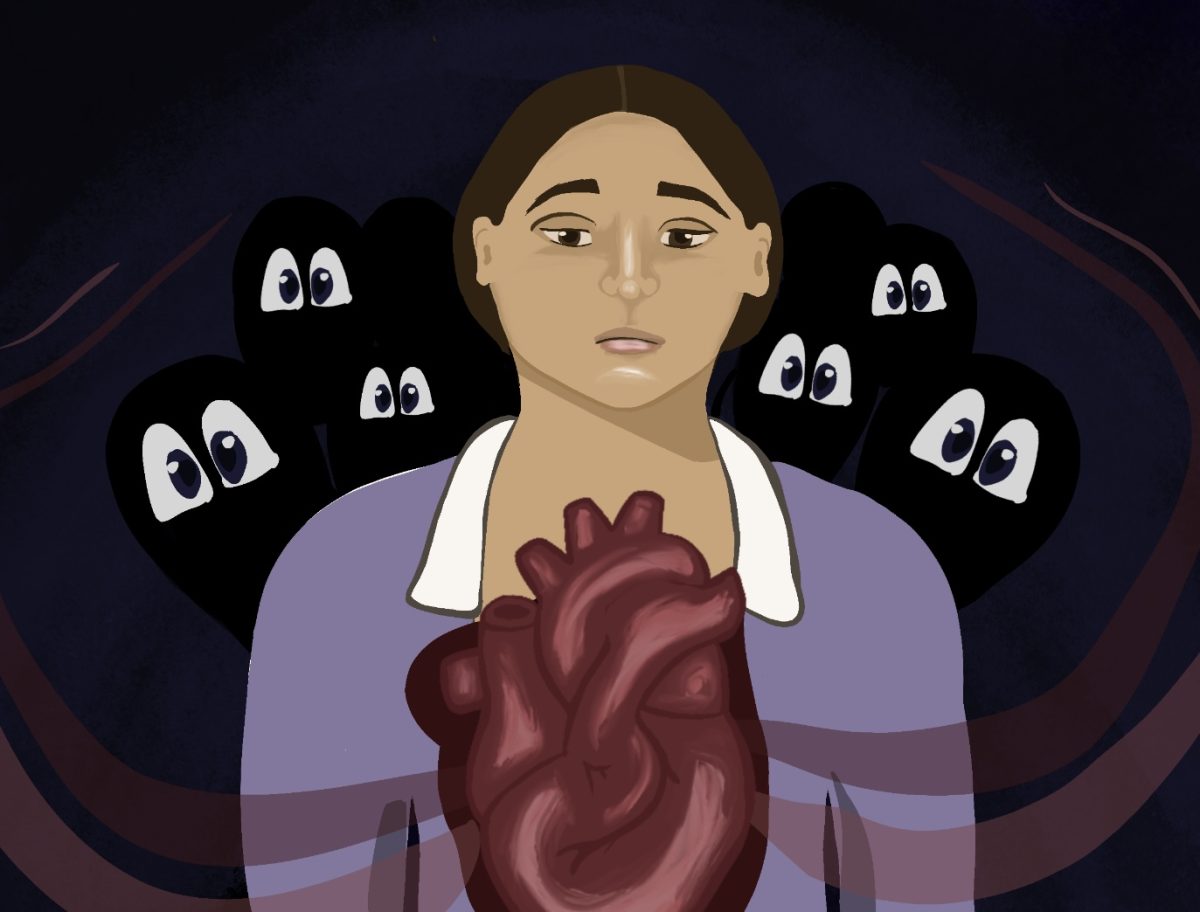Friends, leadership experience, networking and more — students have high hopes for what they’ll find in a student organization. In the search for that perfect organization, it’s natural for UT students to end up on HornsLink — after all, it’s the top link on the student involvement page. While HornsLink is a good resource, student leaders are not using it to its full potential. Organization officers should prioritize their HornsLink pages, updating and update them with information that’s useful to students searching for an org.
Involvement in organizations is essential to student life. In these orgs, students find friends and a sense of involvement in the UT community. A 2016 study from the Journal of College Student Development even suggests that involvement in student organizations is a major factor in student happiness as well as success.
Sara Kennedy, Strategic and Executive Communications Director for the UT Dean of Students Office, agrees. She says “the student experience is improved by involvement. Being involved on campus is important to student success, both in class and in life.”
But finding the right organization to beget involved in can be tricky.
Tabling and org fairs work for some students, but not for everyone. Katie Cox, communication and leadership junior, knows this well. “I’m someone that’s a little bit more reserved,” she says. “It felt a little difficult to just immediately get plugged in, and the tables and stuff were kind of overwhelming.”
In contrast to the rows of tables, loud voices and endless fliers, HornsLink provides students with the same information from the comfort of their room. However, this is only true if the pages contain adequate, up to date information.
Just looking through the first ten listed organizations, seven lack events, seven lack meeting information, five lack working social media links and two even lack a description.
Student leaders should view HornsLink not as a registration requirement but an opportunity to connect with more students. High officer turnover rates and general busyness might mean HornsLink pages are forgotten. Updating your HornsLink page can feel like a waste of time when students don’t seem to be taking the website seriously. But the only way to change this is for organizations to put forth the effort in making it more useful.
If every organization page included information such as meeting times and locations, social media links, events and photos, newcomers could get a much better feel for the orgs around campus and how to connect with them.
Officers should communicate their needs to the Dean of Students if they have trouble with Hornslink or have ideas for improving it. Kennedy says “recommendations for how to make the student experience better are something that we’re always interested in.”
The Dean of Students is already in contact with all registered orgs. Kennedy adds “we are here to advise and advocate for our students so that they can be successful — really to provide support where we can.” This support could include suggestions to student orgs for creating an effective page or even website improvements.
Cox is now a cofounder and officer for a student organization. She says “it’s worth trying to find that community, and if you can’t find it, then to find a group of friends and build it yourself. Because it’s definitely really rewarding and it makes you feel more a part of your campus.” Hornslink could be an effective tool to help other students do the same.
Our whole community benefits when students are connected and involved. HornsLink can facilitate this process, but only if student leaders keep their pages up to date with useful information.
Palmer is an English senior from Coppell.


















